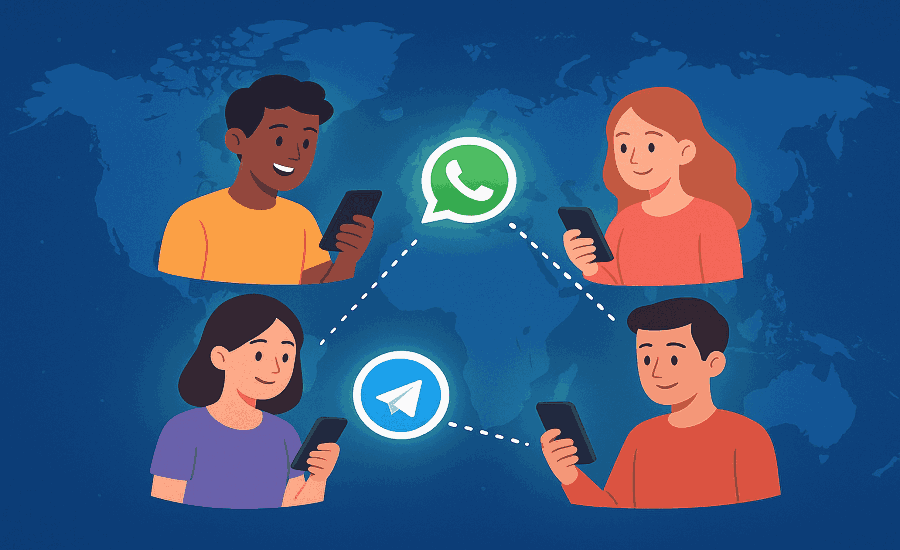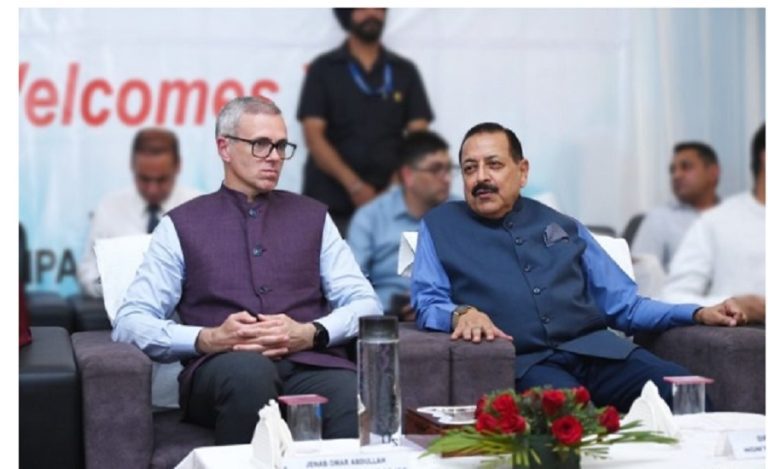Partnered Content
Messaging apps have completely transformed human communication in just a matter of a few years. Those days when long-distance conversations used to rely on letters and expensive phone calls are long gone. Nowadays, with the help of a single tap, you can connect with your friends, family, and colleagues from across the world instantly. Messaging apps like WhatsApp, Telegram, and Messenger have revolutionized communication and reshaped the dynamics of social interaction.
Let us explore how these apps have revolutionized social interaction in today’s age.
Instant Communication Across Borders
The most profound way in which messaging apps have revolutionised social interaction is by allowing us to connect instantly with people from around the world, regardless of their geography. Whether someone is sitting in New York or London, you can reach out to them instantly in just a few seconds. This level of immediacy has made global communication accessible to everyone, enabling families and friends to stay in touch across continents and long-distance relationships to thrive without any delay.
Free and Accessible Connectivity
Before the rise and advent of messaging apps, international communication was costly and limited, but now messaging platforms have changed these dynamics altogether by offering free, internet-based communication. Apps like WhatsApp and Facebook Messenger allow unlimited text, voice, and video messages with anyone from any part of the world without any charges.
This democratization of connectivity has ensured that anyone with a smartphone and internet connection can communicate freely without having to pay a single penny for international communication.
Rich Multimedia Communication
Messaging apps have also made communication more expressive by supporting multimedia formats, including photos, videos, voice notes, emojis, GIFs, and stickers. Users can add these elements to their conversations to add emotion, humour, and clarity that plain text messages often lack. These elements have made virtual interactions more personal and lifelike, helping people to stay emotionally connected and express themselves freely, even when they are physically apart.
Integration of Voice and Video Calls
Messaging apps and social platforms like Omegle, which you can access on a web browser, have evolved far beyond text. These apps come with built-in voice and video calling and have replaced traditional phone networks for millions of people. With these apps, users can have one-on-one or group video calls without any geographical barriers or worrying about call charges.
For many people worldwide, this feature has become a lifeline, as it allows them to stay visually and emotionally connected with their loved ones and keep their social bonds strong in an increasingly virtual world.
Enhanced Privacy and Security
As digital communication grew and became popular, people started having concerns about privacy and security. Messaging apps responded with security and privacy features like end-to-end encryption, two-step verification, and disappearing messages. Messaging apps like WhatsApp offer advanced security and privacy features that even WhatsApp itself cannot access, allowing for more open and authentic communication across borders without any fear or surveillance. This commitment to privacy has built trust among users and made messaging apps the go-to choice for digital communication.
(This is a third-party article, and Indian Masterminds is not liable for any of the details mentioned.)






























